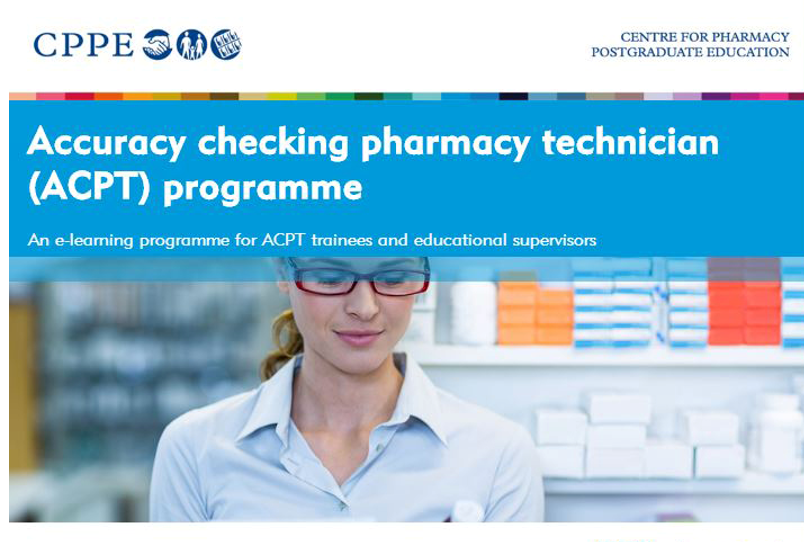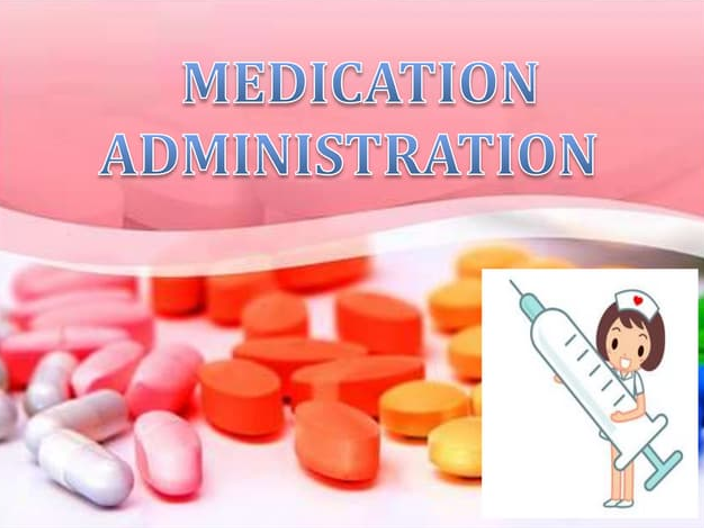Pharmacy Technicians
Historically to be a Pharmacy Technician people qualified usually via a National Vocational Qualification (NVQ) or Business and Technology Education Council (BTEC) or a combination of both. All that has now changed and there are currently many different routes to becoming a Pharmacy Technician the GPHC Pharmacy Technician website explains the current registration criteria and nowadays Pharmacy Technicians qualify via an Approved Pharmacy Technician Course or an Apprenticeship Pathway.
Prior to 2011 Pharmacy Technicians were not recognised as registered health professionals. Pharmacy technicians in Great Britain were first accepted onto the General Pharmaceutical Council (GPhC) register, the pharmacy regulator, in 2011 and practice to the same GPhC professional standards as pharmacists. Since registration, they have gained increased recognition for their contribution to the healthcare agenda as their roles, scope of practice, and autonomy increase. This is partly due to the realisation that many ‘traditional’ pharmacists’ roles have become increasingly technical due to the introduction of automation and enhancement of information technology as well as the changing focus of practice to become person/patient centred, and offering bespoke services.
As a result, with specific training, these extended roles have evolved from traditional pharmacy technician activities such as dispensing and stock management, to other roles such as managing staff and final accuracy checking. This is still down to employers' discretion whether they accept these enhanced qualifications or not and some (more so in the hospital pharmacy sector) still prefer to use their own "in house" qualifications based on their local requirements. Pharmacy Technicians can also now be actively involved in running various health related activities such as Influenza Vaccinations, Blood pressure checks, Weight management, and Smoking Cessation. All of these roles have previously been traditional pharmacists’ or other health professionals' roles.
In October 2017, the General Pharmaceutical Council (GPhC) published new standards for the initial education and training of pharmacy technicians, emphasising a focus on person-centred professionalism. The standards no longer accommodated separate knowledge and competency qualifications, instead all programmes needed to meet learning outcomes which combine the knowledge, skills and behaviours required for the future workforce. These new standards were implemented from 2019 onwards and a great example is completing the Accuracy Checking Course as part of an apprenticeship.
Although it had already been around a long time prior to this the accuracy checking role was an extra course completed after qualifying as a pharmacy technician. Many training providers e.g. still offer this e.g. Buttercups Accuracy Checking which can be completed to upskill those staff who qualified prior to 2019 e.g., via an NVQ or BTEC or not via an apprenticeship pathway e.g. via a modern Approved Pharmacy Technician Course.
Supply and administer medicines
Originally from 8th August 2023 to 29th September 2023 and updated on the the 28th March 2024 GOV UK Pharmacy Tech PGD has an ongoing public consultation to amend the Human Medicines Regulations 2012 (HMRs) to enable pharmacy technicians to supply and administer medicines using patient group directions (PGDs). This would mean a huge change in their roles allowing them to supply and administer medicines in line with the PGD. This will apply to England, Scotland, and Wales only.
The proposal builds on the NHS Long Term Workforce Plan (LTWP) by allowing pharmacy technicians to provide direct care for their patients and help free up pharmacists to provide more clinical NHS services. The number of pharmacy technicians is set to grow in the future and this proposal, combined with legislative changes to enable the NHS, and particularly community pharmacies, to make better use of the available skills mix and technology in pharmacies, will ensure pharmacy technicians can work most effectively as part of wider primary care teams and across the NHS.
However, these powers do not mean that organisations are required to implement the use of PGDs by registered pharmacy technicians. PGDs should only be used where there is clear benefit for patient care without compromising patient safety and where there are clear governance arrangements and accountability.





